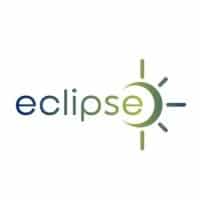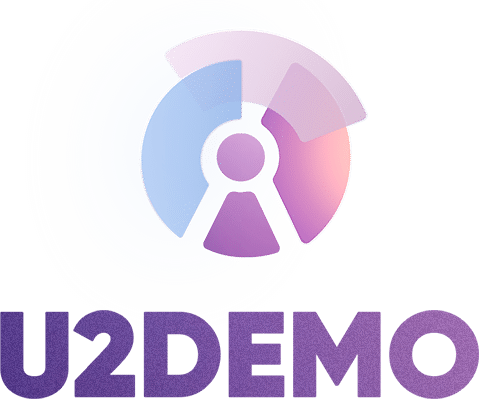ECLIPSE

Digitalisation is a fundamental enabler for the transition to a smarter and more resilient energy system, supporting network observability and controllability, efficient network planning as well as operation and cooperation among system stakeholders. Electricity consumers stand at the centre of the success of this digitalisation process. In fact, digitalisation introduces new opportunities for citizens and businesses through new data-driven services that support improved energy management, energy sharing and self-consumption practices, or participation in electricity markets. However, this potential can only be realised by ensuring digital inclusion and literacy of all consumers, ensuring they have affordable access to new digital tools and can benefit from their use.
With this end goal, the European Commission committed to developing a Common European Reference Framework (CERF) for the implementation of consumer applications. As introduced in the Digitalising the Energy System EU Action Plan, these applications will inform consumers on how to make voluntary reductions in their energy consumption and energy bills, while supporting the resilience of the energy system.
Building on the studies delivered by ETRA and the Smart Grids Task Force on energy-saving applications and the first-generation blueprint developed by the InterConnect project, ECLIPSE aims to implement and demonstrate the CERF for energy applications across Europe.
ECLIPSE will define a set of requirements and conditions for the development of new energy consumer applications that provide final consumers with simple, useful and user-friendly information on how to achieve energy savings and energy cost reductions. At the same time, the uptake of these applications will reinforce the stability and resilience of European electricity grids, leveraging on the flexibility offered by consumer assets.
The CERF-based solutions developed by the project solutions will be deployed and demonstrated in 16 EU countries, involving customers of Distribution System Operators (DSOs), Transmission System Operators (TSOs), and aggregators/retailers. These solutions will be designed to support replication across the whole European Union, ensuring interoperability with third-party systems, while respecting the current regulatory framework and safeguarding market competitiveness.
Hard Facts

Objectives
- Develop, deploy and demonstrate an open-source reference framework for energy consumer applications across the EU.
- Enable voluntary energy consumption reductions based on recommendations and actions from grid operators and other relevant stakeholders.
- Stimulate demand response to reinforce the stability and resilience of electricity grids.
- Exchange relevant energy data in a secure and efficient manner, adhering to EU data protection regulations.
- Promote the widespread adoption of the CERF for energy-saving applications throughout the EU.
E.DSO and DSOs
The ECLIPSE consortium counts on the expertise of 6 European DSOs (including our members CEZ Distribuce, E-REDES and i-DE) which will lead the piloting and deployment activities of the ECLIPSE solutions in their countries. The goals of these pilots include:
- Aligning existing customer applications and DSO platforms with the Common European Reference Framework.
- Supporting the uptake of smart charging and V2G solutions for the provision of flexibility services, supported by an information system that simplifies communication among DSOs, CPOs and customers.
- Integrating data from smart meters into the developed energy application to provide relevant data to the customer, gain additional information on distributed resources to enhance grid planning and trigger changes in consumption/generation patterns to support efficient grid operation.
- Test application functionalities with the aim of triggering consumer flexibility through economic and non-economic incentives, stimulating energy-efficient behaviour, and informing users of ongoing extreme weather events or grid issues.
As part of the consortium, E.DSO will contribute to the definition of use cases and requirements for the CERF deployment and support the formulation of policy and user engagement recommendations, building on the results of the InterConnect project. In the second phase of the project, E.DSO will lead the task dedicated to “Replication and expansion strategies” for the ECLIPSE solution. The task will assess the impact of different social, technical, regulatory and market conditions on the deployment of the CERF to identify barriers to replication and propose recommendations to overcome them. These recommendations will be validated thanks to the engagement of key EU stakeholders in the energy sector.
More Information
- Discover the new ECLIPSE project
- InterConnect D13.5 – Results from Pilots and Final Contributions to CERF
- The Role of DSOs in Energy Saving Applications: E.DSO commitment for the Common Energy Reference Framework
Contact: projects@edsoforsmartgrids.eu


